The February 23 presidential election saw the re-election of Nigeria’s president, Muhammadu Buhari, of the All Progressive Congress (APC). He defeated his main challenger, Atiku Abubakar, of the Peoples Democratic Party (PDP), as well as 71 other candidates.
Apart from Mr Buhari and Mr Abubakar, no other presidential candidate won in any of Nigeria’s 36 states and Abuja.
The two of them have nursed their presidential ambitions for over a decade before Mr Buhari won the 2015 presidential election.
Mr Buhari had contested the presidency three consecutive times before he defeated the former president, Goodluck Jonathan.
Mr Abubakar, a former vice president, has been trying to be Nigeria’s president since 1993. He has however been on the ballot only twice (2007 and 2019).
In the 2015 general election, Mr Buhari won with 2,571,759 votes as he polled 15,424,921 while his opponent, Mr Jonathan, who was the sitting president, had 12,853,162 votes across the country.
Mr Buhari also scored the highest votes in the 2019 presidential election polling 15,191,847 votes, while his major challenger, Mr Abubakar, polled 11,262,978 votes.
Mr Buhari led his opponent with a margin of 3,928,869 which is higher, compared to the margin in 2015.
However, an analysis of the results across the states shows that Mr Buhari lost more votes in many of his strongholds while he gained votes in areas he has been traditionally poor in.
PREMIUM TIMES compares the performance of Mr Buhari at the 2015 polls with what was obtained in the 2019 election in major Nigerian states that have over two million eligible voters.
POSTPONEMENT
The postponement of this year’s presidential election may have affected the turnout at the polls especially as many who travelled for the election, returned and could no longer travel again.
Although the elections of 2011 and 2015 were also postponed, because of logistic challenges and security threats by the Boko Haram insurgents respectively, the 2019 postponement was the worst because it was adjourned on the election day, few hours before the election was to start.
Information released by the electoral commission, INEC, shows that 72.7 million permanent voters cards (PVCs) were collected before the 2019 general election. This shows an improvement of over 16 million when compared with the 56.4 million collected in 2015.
The states with a high rate of PVCs collected include Lagos, Kano, Katsina, Kaduna, Anambra, Bauchi, Benue, Borno, Delta, Niger, Oyo, Plateau, and Rivers states. Each of these 13 states had over two million voters who collected their PVCs.
The Pattern
While Mr Buhari won more votes in the South-east (an opposition stronghold) than in 2015, he scored fewer votes in many northern states including his home state, Katsina.
Only Borno was an exception to the reduction of votes scored by Mr Buhari among the northern states with a high PVC collection.
One major factor that could have contributed to fewer votes for Mr Buhari in many key northern states is his opponent. In 2015, Mr Buhari contested against Goodluck Jonathan, a Southern Christian, a factor that worked strongly for Mr Buhari in the North. However, in 2019, Mr Abubakar of the PDP is also a Northern Muslim like Mr Buhari. Mr Abubakar polled more votes in the key Northern states than Mr Jonathan did in 2015.
The narrative of a Muslim versus Muslim ticket also flipped in the South-South and South-east states as none of the key candidates could benefit from the sentiment of being a Southern Christian. The 11 states in the two regions are Christian-dominated. Mr Buhari polled more votes in the two regions than he did in 2015.
Apart from the Muslim versus Muslim narrative, there were also peculiar factors in each state that largely reduced the president’s performance in northern states and increased it in South-south and South-eastern states.
PREMIUM TIMES analyses such possible factors in the 13 states with the highest eligible voters.
/infograph.venngage.com/ps/QlUczEZYto/president-buharis-performance-in-the-2015-and-2019-elections
Lagos
The state had the highest number of collected PVCs, with 5,531,389 cards collected. It is also the home of the APC national leader, Bola Tinubu.
Mr Buhari won in the state. He led Mr Abubakar with a 132,798 vote margin. The margin was lower than the 160,143 vote margin he polled against Mr Jonathan in 2015.
Lagos, over the years, has been a ground for the major parties to slug it out at the presidential election.
Several factors can be adduced to the reduction in the president’s vote in Lagos. These include lower voter turnout, violence, and the late arrival of election materials in many states. Voter turnout in Lagos in 2015 was about 29 per cent. It was less than 20 per cent in 2019.
Kano
Mr Buhari polled his highest votes, 1,464,768, in Kano. The figure is, however, almost 500,000 votes less than the 1.9 million votes he scored in 2015.
Although Mr Buhari had always won in Kano, 2015 was the first time he ever scored up to 1.9 million votes. In that election, he had the support of the then Kano State Governor, Rabiu Kwankwaso.
Although Mr Kwankwaso is not as popular as Mr Buhari in Kano, he also commands large followership through his ‘Kwakwansiyya’ movement.
Mr Kwankwaso last year defected to the PDP due to differences with Mr Ganduje. Perhaps sensing his influence in Kano, President Buhari made efforts including last-minute meetings to convince Mr Kwankwaso to remain in the APC.
However, without Mr Kwankwaso’s support, the president was still able to win Kano, although with a much smaller margin. Mr Kwankwaso has, however, alleged that the election was rigged against the PDP.
Kaduna
The governor of Kaduna State, Nasir El-Rufai, is a prominent member of the APC. The state is also perceived as one of the major strongholds of the APC and is where Mr Buhari lived before he was elected president.
Mr Buhari won with a margin of 643,675 votes in 2015 but could only get a 343,833 margin against Mr Abubakar. The president’s vote also reduced from over 1.1 million to less than one million in 2019.
The worsening ethnic and religious tension in Kaduna, especially in the southern part of the state is believed to have further alienated the president from a constituency that has always had its reservation about him. Kaduna is also the base of Shiite Muslims in Nigeria, hundreds of whom Mr Buhari’s government has killed extra-judicially in the past three and a half years. The Shiite leader, Ibrahim El-Zakzaky, has also been detained for the past three years – two of which was without trial – despite being granted bail by the court. Majority of the Kaduna Shiite Muslims who supported Mr Buhari in 2015 are believed to have voted against him in 2019.
Lastly, many traditional Kaduna politicians who were in the APC with Mr Buhari in 2015 have moved to the PDP, taking their supporters with them.
Rivers
This is the most populous state in the South-south region and a stronghold of the PDP.
The state governor, Nyesom Wike, is a notable critic of the Buhari administration.
Although Mr Buhari lost to Mr Abubakar in Rivers as it happened in 2015, the president improved in his performance as he polled 150,710 votes on Saturday against the 69,238 votes he scored in 2015.
The elections in the state were however marred with violence and elections did not hold or were cancelled in six local government areas. There are over 900,000 eligible voters in the affected areas.
It is not clear how that could have influenced the results. However, unlike in 2015, Mr Buhari’s government controls the military which the PDP and Governor Wike have accused of working to help Mr Buhari in Rivers.
At least 11 people were killed in the Rivers election violence including a soldier.
Anambra
Like Rivers State, Anambra is another stronghold of the PDP. The state produced Mr Abubakar’s running mate, Peter Obi. According to the results of Saturday’s poll, Mr Buhari had 33, 298 votes, which is about 50 per cent increase to the 17,926 votes he had in 2015.
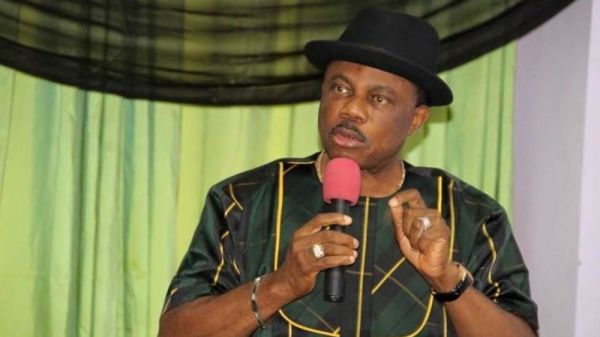
Apart from the religious factor which plays a key role in determining who the people in Anambra support, the ruling party in the state, All Progressives Grand Alliance (APGA), is believed to have supported Mr Buhari in 2019, a factor that may have contributed to the increase in votes for Mr Buhari. The Anambra State Governor, Willie Obiano, once an ally of the PDP vice presidential candidate, Peter Obi, became one of the fiercest critics of the PDP in Anambra.
Plateau
Despite the sitting governor, Simon Lalong, being a member of the ruling party, Mr Buhari was still defeated by Mr Abubakar of the PDP.
Mr Abubakar polled 548,665 while the president had 468,555.
For Mr Buhari, the result is a slight increase from the 429,140 votes he scored against Mr Jonathan in 2015.
An increase in Mr Buhari’s votes in Plateau is, however, not unexpected. Unlike 2015 when the sitting governor, Jonah Jang, was of the PDP, Mr Lalong worked tirelessly for Mr Buhari.
Arguably, the president could have won the state but for the insecurity caused by the violence between herdsmen and host communities in Plateau and other states in the middle belt of the country, including Benue and Taraba.
With most of the herdsmen considered to be Muslims, and the failure of the Buhari administration to stop the killings, religious sentiments became high in Plateau.
Also, INEC on Tuesday said it cancelled a total of 146,555 votes from Plateau in the Saturday presidential election, votes that could have influenced the results one way or the other.
Bauchi
Bauchi State is governed by Muhammad Abdullahi of the APC and is another stronghold of Mr Buhari.
Although he was declared the winner in the Bauchi in both 2015 and 2019, Mr Buhari polled 931,598 votes against Jonathan but scored a lesser figure of 798,428 in 2019.
Also, in 2015, Mr Buhari won all the 20 local governments in Bauchi. He, however, lost one to the PDP candidate in 2019.
The PDP won in Speaker Yakubu Dogara’s local government area of Bogoro. The local government is believed to be Christian-dominated while Muslims make up the largest population in Bauchi. Mr Dogara, a Christian, is also very popular in the area, winning his re-election.
The defection of Mr Dogara from the APC to the PDP is believed to have affected the performance of the ruling party in Saturday’s poll. Many other local politicians including current federal lawmakers also left the APC due to disagreements with the governor. They left the APC with their supporters.
Benue
The north-central state was a battleground for the two presidential candidates, but Mr Buhari was defeated by his PDP opponent with a narrow margin of 9,149 votes.
In 2015, Mr Buhari won in Benue after polling 373,961 votes against the 303,737 votes scored by Mr Jonathan.
The state governor, Samuel Ortom, was a key supporter of Mr Buhari in 2015 but dumped the ruling party for the PDP in 2018.
The herdsmen, farmers’ clashes that caused the death of hundreds of people in Benue in 2018 also raised sentiments against the president and the APC in the state.
Aside from the defeat of the president, all the three senatorial candidates in Benue, fielded by APC, lost to their PDP counterparts.
Borno
The state is one of the core parts of the North-eastern region and is the state most affected by the Boko Haram insurgency.
In Borno, Mr Buhari scored 836,496 votes to take the state ahead of his PDP opponent who got 71,788 votes.
This is a great improvement when matched with the 473,543 votes the president garnered in 2015.
Mr Buhari was always expected to win Borno, but several factors are believed to have worked in his favour for the almost double number of votes. One is that more local governments in the state are accessible than in 2015 when the Boko Haram controlled a large part of the state.
Also, some traditional Borno politicians, such as a former PDP chairman, Ali Sheriff, joined the APC in the build-up to the 2019 elections. Mr Sheriff led a campaign team for Mr Buhari.
Many people including the PDP have, however, questioned the results in Borno despite the Boko Haram insurgency. One local government in the state, Mafa, had a controversial 87 per cent turnout rate in the election despite a national average of less than 40 per cent.
Delta
In Delta State, which is a PDP stronghold, Mr Abubakar won with 594,068 votes to Mr Buhari’s 221,292 votes.
In 2015, Mr Buhari had 48,910 votes in the oil-producing state while his opponent won with over one million votes.
The increase in the number of votes for the president is believed to have been boosted by the defection of some prominent Delta politicians to the APC. These include an ex-governor of the state, Emmanuel Uduaghan, and a senator, Ovie Omo-Agege. Mr Omo-Agege, who defected from Labour Party to the APC in 2017 was re-elected last Saturday.
Oyo
Oyo State had the second highest number of registered voters in the South West region.
Mr Buhari lost to Mr Abubakar with a margin of 1,461 votes in the state. The president won in Oyo in 2015 defeating Mr Jonathan with over 225,000 votes.
In 2019, Mr Buhari scored 365,229 votes, much lower than the 528,620 votes he scored in 2015.
One major factor that worked against the president in Oyo is the unpopularity of the governor, Abiola Ajimobi, who, by his policies and actions, has alienated many supporters of the party. Mr Ajimobi on Saturday lost his senatorial bid in the state.
comments
Another factor is the defection of some major Oyo politicians who all worked for Mr Buhari in 2015. These include a former governor of the state, Adebayo Alao-Akala, who is popular in Ogbomoso part of the state, as well as supporters of the late Oyo governor, Lam Adesina, including his son, Dapo.
You may be interested

Arsenal Equal Chelsea’s London Derby Feat After 5-1 Win Vs Palace
Webby - December 21, 2024Arsenal equaled Chelsea’s London derby achievement following their 5-1 win against Crystal Palace in Saturday’s Premier League game at Selhurst…

Haaland Backs Guardiola To Turn Man City’s Poor Form Around
Webby - December 21, 2024Erling Haaland had said he and his Manchester City teammates are still backing manager Pep Guardiola to turn the team’s…

PSG To Reignite Interest In Osimhen
Webby - December 21, 2024Paris Saint-Germain have contacted Napoli to discuss signing Victor Osimhen in January, according to reports in France.It is reported that…

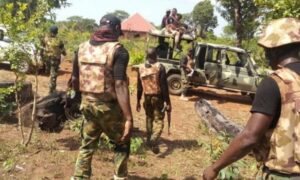

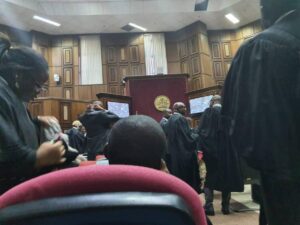
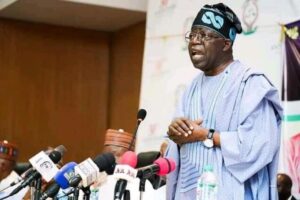
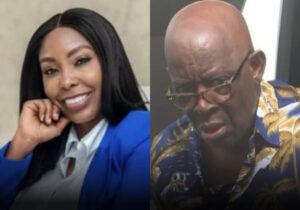

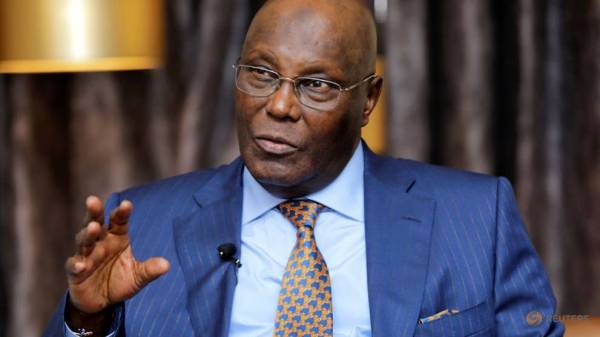

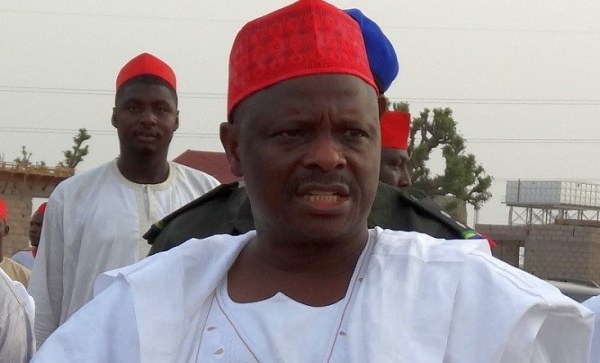
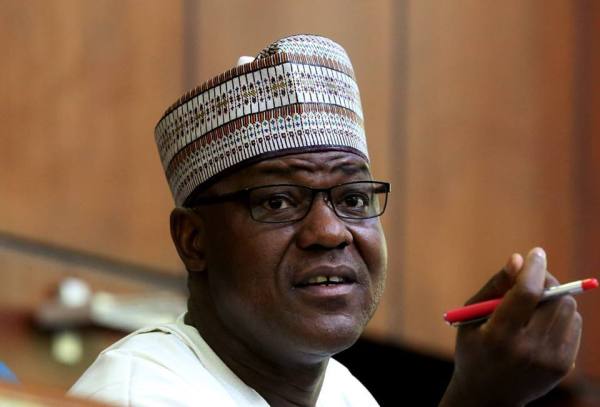
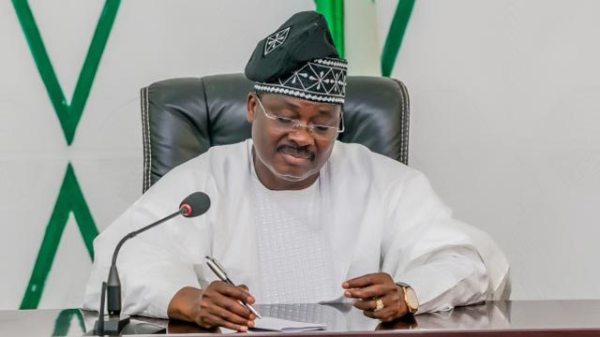
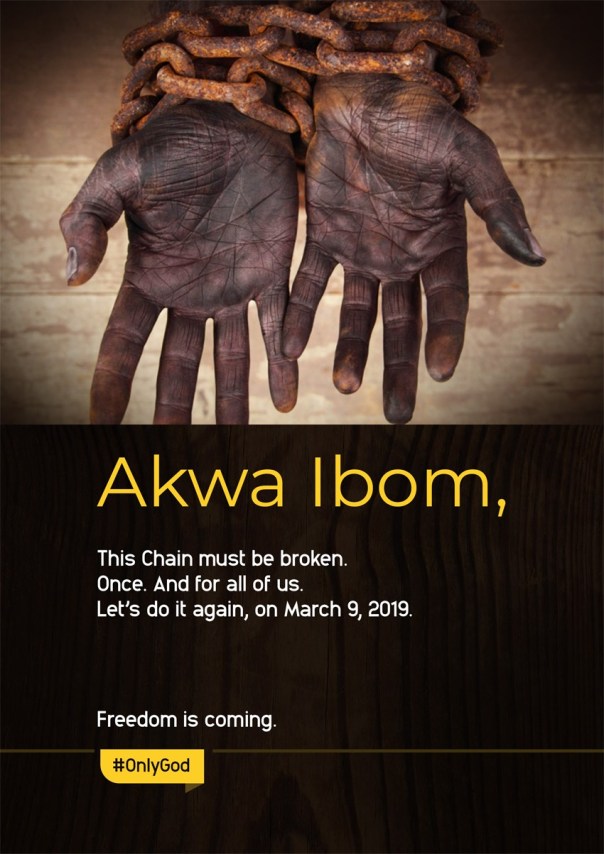















![American Pastor, David Wilson Seen Eating The Box Of Woman Who Isn’t His Wife [Video]](https://onlinenigeria.com/wp-content/uploads/2019/10/american-pastor-david-wilson-seen-eating-the-box-of-woman-who-isnt-his-wife-video-150x150.jpg)




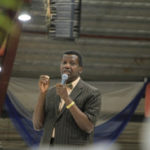
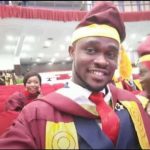

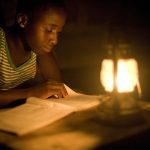


Leave a Comment